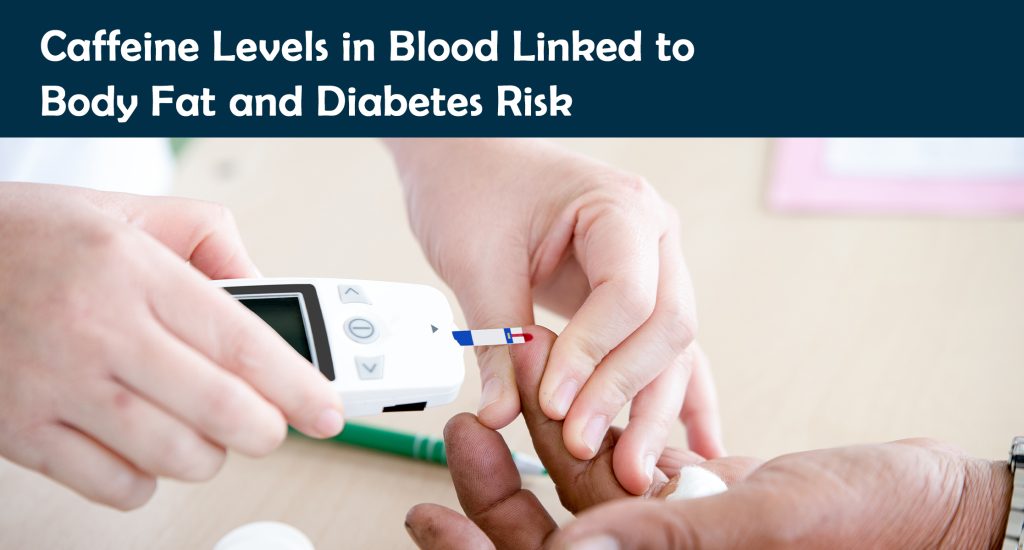
A recent study by researchers from the Karolinska Institute, the University of Bristol, and Imperial College London reveals a link between caffeine levels in the bloodstream and body fat, impacting the risk of type 2 diabetes and cardiovascular diseases. Genetic markers were used to establish this connection, suggesting that genetically higher plasma caffeine concentrations correlate with lower BMI and decreased risk of type 2 diabetes. Approximately half of caffeine’s effect on diabetes risk was attributed to reduced BMI. While this study sheds light on caffeine’s metabolic effects, further research is needed to confirm causation. Caffeine’s impact on health remains complex, emphasizing the importance of moderation.

